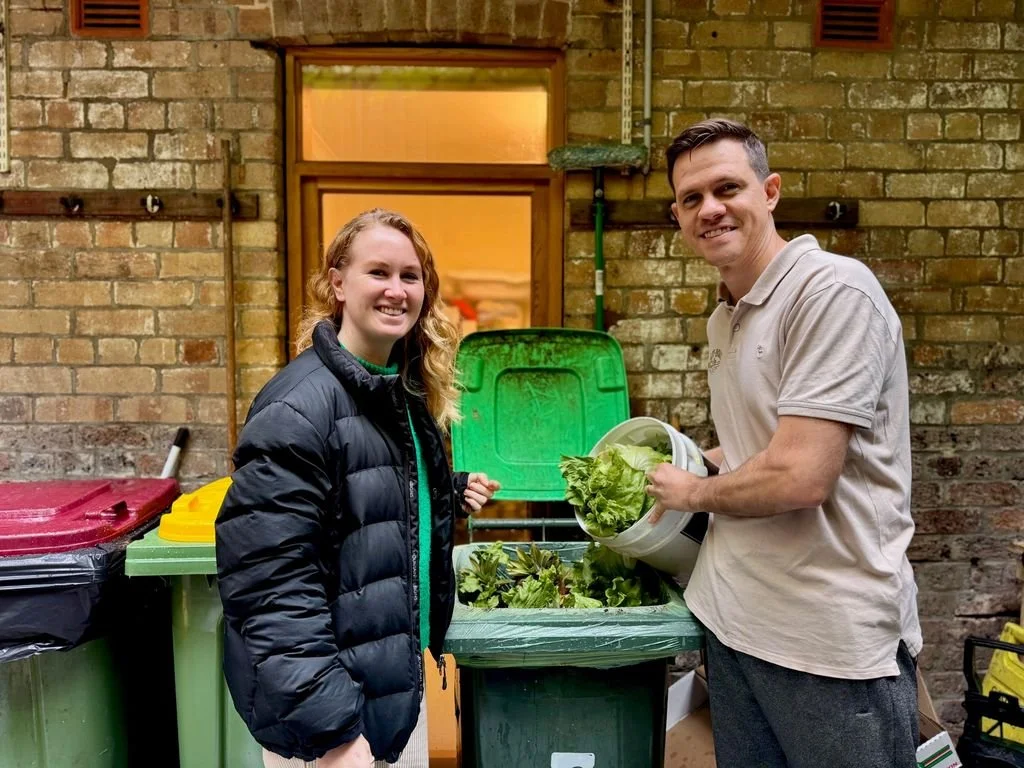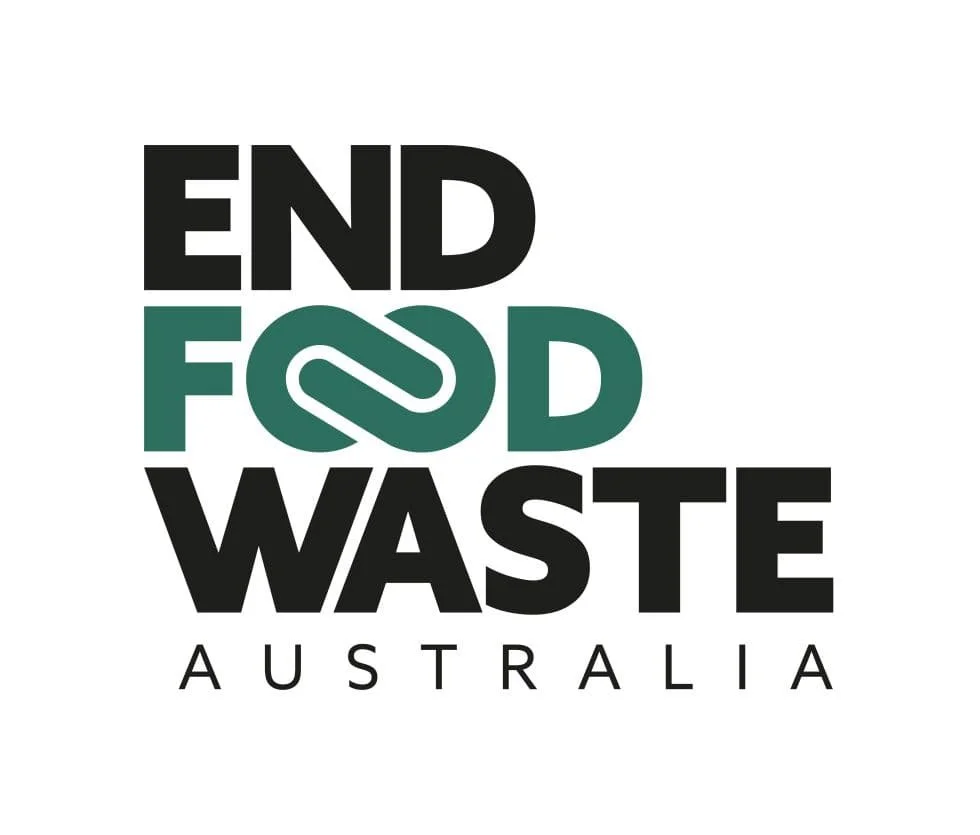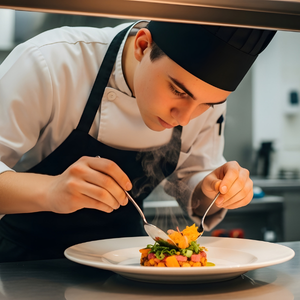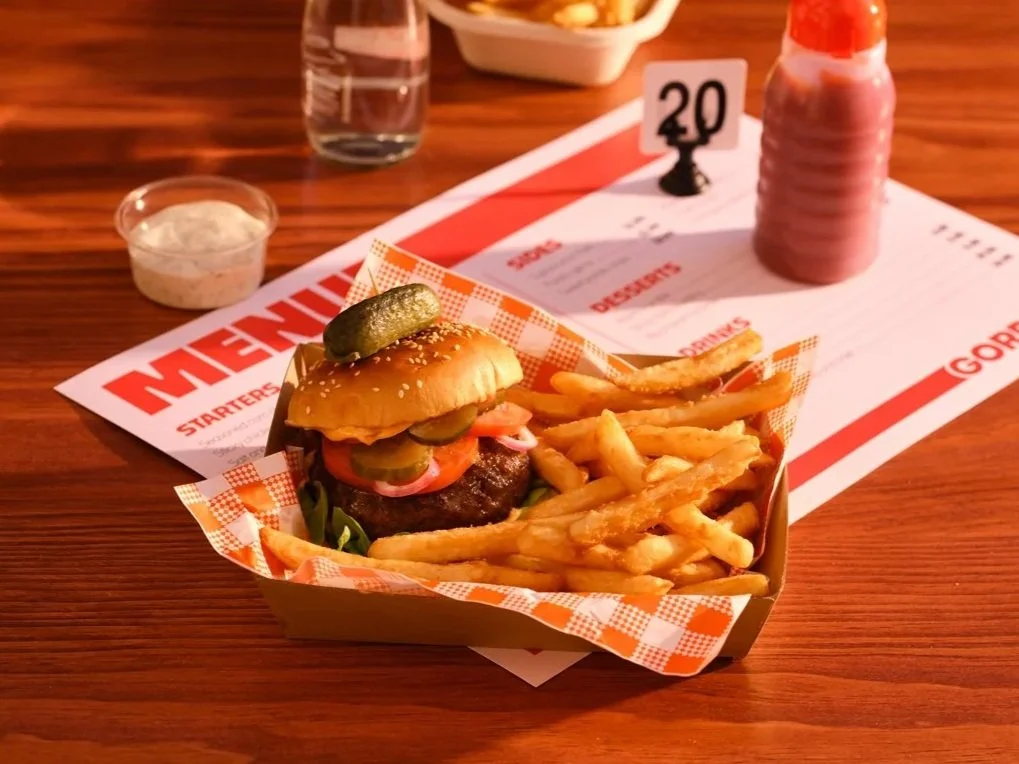End Food Waste Australia launches “Hospitality Hub” to help venues turn food waste into profits
/End Food Waste Australia (EFWA) has launched the Hospitality Hub, a free national platform designed to help Hospitality and Foodservice (HaFS) operators reduce food waste, boost efficiency, and improve profitability.
Each year, Australia’s hospitality sector discards the equivalent of 4.6 million meals, with only 2% repurposed and most ending up in landfill. For operators serving hundreds or thousands of meals daily, that’s not just a sustainability issue, it’s a major cost leak and an opportunity to improve both profit and performance.
“Food waste is one of the few challenges that’s entirely within a venue’s control”
Reducing food waste in hospitality starts with one simple step - separation - as demonstrated by the team at Sydney’s Bogey Hole Café.
“Food waste is one of the few challenges that’s entirely within a venue’s control,” said Tristan Butt, CEO of End Food Waste Australia. “When operators take a closer look at where food waste occurs, whether that’s overproduction, portioning, or plate returns, they often find quick wins that improve efficiency and profitability.”
Free Tools and Real-World Insights
Small Changes, Big Impact: Bridge Road Brewers Cut Food Waste by Over 50% Using Six Simple Steps.
Led by End Food Waste Australia in partnership with WRAP, and funded by the Rainier Climate Group and the NSW Environment Protection Authority, the Hospitality Hub offers nine practical guides designed for real-world application across commercial kitchens, catering operations and multi-venue businesses.
Highlights include:
Step-by-step Implementation Guides: Covering everything from “What Are You Wasting?” and “Menu Design” to “Reducing Plate Waste”, “Getting the Team on Board” and “Behaviour Change.”
Case Studies: Examples of practical steps taken by leading hospitality venues, such as Sydney’s iconic waterfront venue Opera Bar, which reduced food waste by one-third through simple improvements in measurement and kitchen practice.
Flexible, modular approach: Venues can start anywhere, whether they’re just beginning or already tackling food waste.
Compliance and readiness: With NSW’s FOGO (Food Organics Garden Organics) recycling mandates starting 1 July 2026, the Hub helps operators prepare for new separation and reporting requirements.
Turning Food Waste Reduction into Profits
The Hub emphasises that reducing food waste is not just good for the environment - it’s a smart business strategy.
Key insights include:
Food waste is a controllable cost.
Most waste can be eliminated through better planning and process efficiency.
Even small reductions deliver measurable savings.
By achieving just a 10-20% reduction in food waste, a single stadium, mine site or convention centre serving thousands of meals daily could potentially save millions of dollars annually.
“When food waste is measured, it’s managed - and when it’s managed, costs go down,” Mr Butt added. “The Hospitality Hub turns food waste reduction into a competitive advantage.”
“The Hospitality Hub turns food waste reduction into a competitive advantage.”
To Get Started
The Hospitality Hub is free and open to all Australian foodservice and hospitality operators. It includes easy-to-follow modules, practical templates, and real-world examples from venues already seeing results.
Explore the Hospitality Hub: https://endfoodwaste.com.au/taking-action/hospitality-hub/
By the Numbers
Potential for large foodservice operators to save millions of dollars annually
9 free implementation guides available
33% reduction in food waste at Sydney’s iconic Opera Bar
1 July 2026: NSW FOGO food-waste separation mandate










Australia must invest in chef associations to address worsening chef shortages, strengthen training, uplift standards, and support sustainable hospitality industry growth.